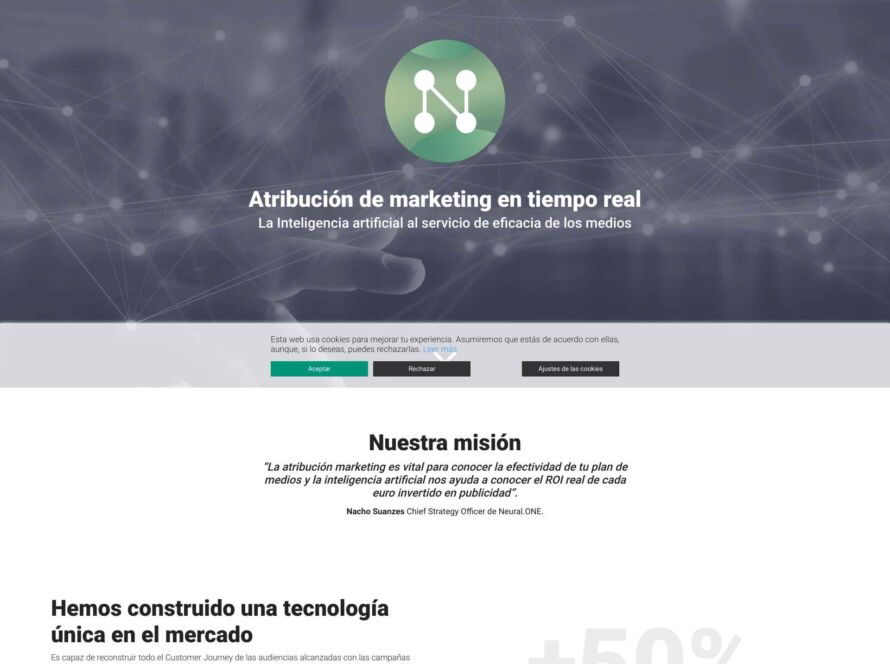From Drug Discovery to Personalised Drugs: AI’s Affect on Life Science Analytics
Lately, the sector of life science analytics has witnessed a revolutionary transformation with the combination of synthetic intelligence (AI) applied sciences. AI has emerged as a robust software, enabling researchers and scientists to speed up drug discovery, enhance affected person care, and pave the way in which for customized medication. This groundbreaking improvement has the potential to revolutionize the healthcare trade as we all know it.
What’s AI?
Synthetic intelligence refers back to the simulation of human intelligence in machines which can be programmed to suppose and be taught like people. It encompasses varied applied sciences equivalent to machine studying, pure language processing, and laptop imaginative and prescient.
Drug Discovery and AI
The method of discovering new medicine is historically a time-consuming and dear endeavor. Nonetheless, AI has the power to investigate huge quantities of knowledge and determine patterns that people could overlook. By leveraging machine studying algorithms, AI can predict the efficacy and security of potential drug candidates, considerably decreasing the time and value concerned within the drug discovery course of.
Personalised Drugs and AI
Personalised medication goals to tailor medical remedies to particular person sufferers primarily based on their distinctive genetic make-up, way of life, and environmental components. AI performs an important function on this area by analyzing large-scale genomic knowledge and figuring out genetic markers that may predict a person’s response to particular remedies. This permits healthcare suppliers to ship focused therapies which can be simpler and have fewer unwanted side effects.
FAQ
How does AI affect affected person care?
AI can analyze affected person knowledge, together with medical information, lab outcomes, and imaging scans, to determine patterns and make predictions about illness development and therapy outcomes. This helps healthcare suppliers make extra knowledgeable selections and supply customized care to sufferers.
What are the challenges of implementing AI in life science analytics?
One of many major challenges is the provision of high-quality knowledge. AI algorithms require massive and numerous datasets to coach successfully. Moreover, there are moral and regulatory issues surrounding using AI in healthcare, equivalent to knowledge privateness and algorithm transparency.
Conclusion
The mixing of AI into life science analytics has the potential to revolutionize drug discovery and customized medication. By leveraging AI applied sciences, researchers and healthcare suppliers can unlock new insights, speed up the event of life-saving medicine, and supply customized care to sufferers. As AI continues to advance, its affect on the healthcare trade is simply anticipated to develop, resulting in improved affected person outcomes and a brighter future for medication.



